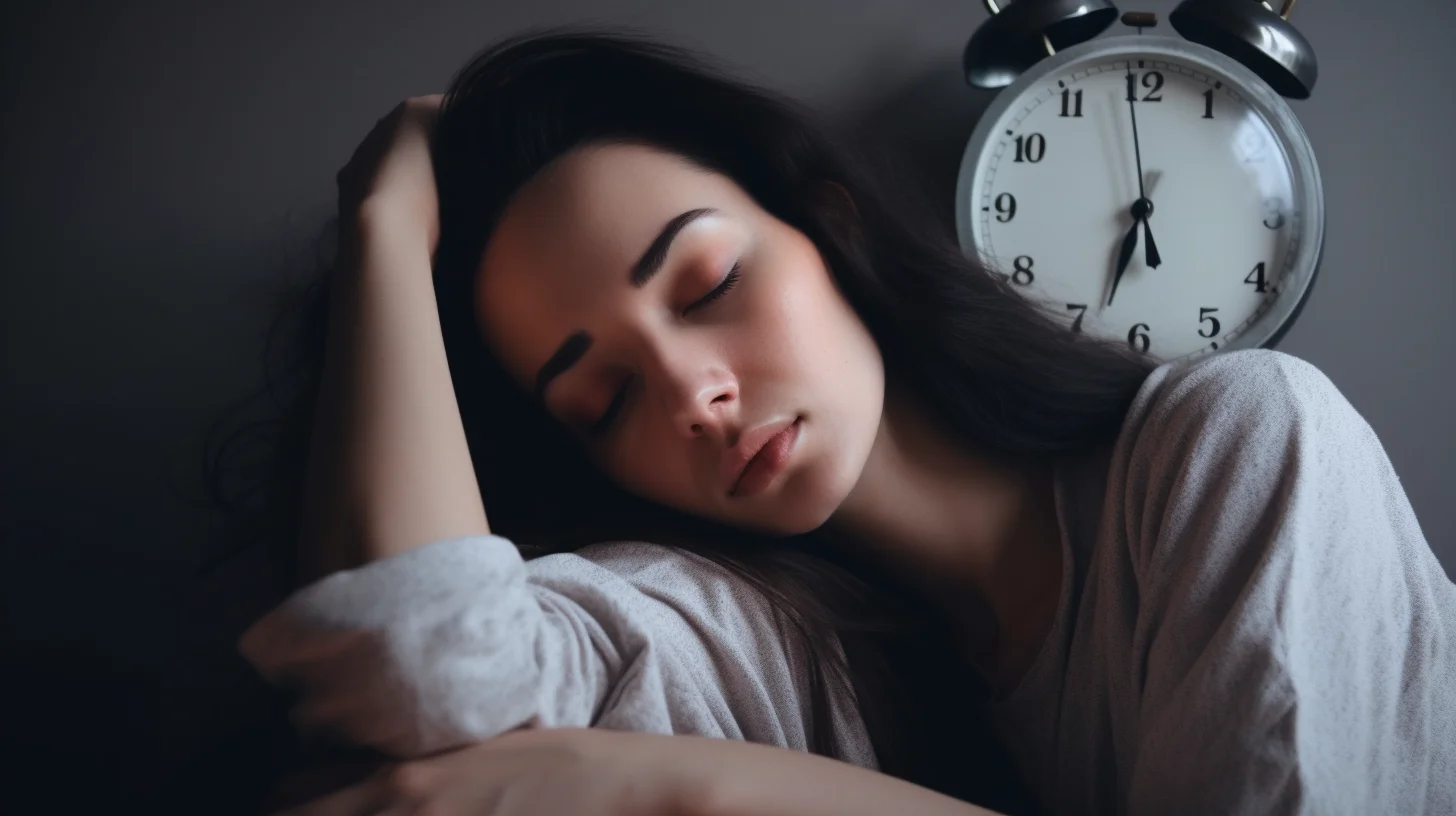Imagine this: You’ve just woken up from a fascinating, vivid dream that seemed to span hours. Yet, when you glance at the clock, only minutes have passed. Intrigued, you can’t help but wonder, “how long do dreams last?” As you delve deeper into the world of dreams, you’ll discover that the duration of these nighttime reveries varies greatly and is influenced by factors like sleep cycles, brain activity, and individual experiences.
In this article, we’ll explore the intricacies of dream length and how it affects your sleep and waking life. Prepare to venture into the fascinating realm of dreams and uncover the answers that lie within.
The Duration of Our Dreamland Escapades
As you continue to explore the captivating world of dreams, you might be curious about the amount of time you spend dreaming each night. While it’s true that dreams can range from a few fleeting seconds to a more immersive 20 minutes or longer, the total time spent dreaming can be quite significant.
Throughout the night, you typically cycle through four to six sleep cycles, each lasting about 90 minutes. During these cycles, the length of your REM sleep—the stage in which dreams predominantly occur—increases progressively. In the early sleep cycles, REM periods may only last a few minutes, but by the final sleep cycle, they can extend up to an hour. Consequently, the cumulative time spent dreaming can add up to nearly two hours per night for the average person.
It’s important to remember that the duration of dreams and the time spent dreaming can be influenced by several factors, including the quality of your sleep, your emotional state, and even your diet. In the following sections, we’ll delve deeper into these elements and how they affect the fascinating world of dreams that unfolds within your mind each night.
Why Dreams Feel Like They Last for Hours
As you slip into the dream world, you might find yourself immersed in a vivid narrative that feels as if it spans hours or even days. Yet, upon awakening, you realize that mere minutes have passed. What causes this discrepancy between the perceived and actual duration of dreams? The answer lies in the unique nature of the dreaming brain.
While you dream, your brain’s prefrontal cortex—the region responsible for logical reasoning, planning, and time perception—experiences reduced activity. This decrease in activity makes it difficult for your dreaming self to accurately perceive time or maintain a clear sense of chronology. Consequently, your dreams may seem to stretch on for hours or skip through time erratically.
Another factor contributing to the seemingly elongated duration of dreams is the brain’s remarkable ability to fill in gaps in memory. During dreams, the brain can seamlessly weave together disparate memories and experiences, creating a complex narrative that feels much longer than it truly is. Additionally, the emotional intensity of dreams can make them feel more vivid and memorable, leading to a heightened perception of their duration.
As you continue to unravel the mysteries of the dream world, it’s essential to recognize the fluidity and ever-changing nature of dreams. The unique way our brains process and perceive time during dreams offers a fascinating glimpse into the complexities of the human mind and the enchanting world of sleep.
The Variability of Dream Length
You may notice that the length of your dreams seems to fluctuate. One night, you might find yourself immersed in an intricate, seemingly endless dream, while on another night, your dreams may feel brief and fleeting. What causes this variability in dream length? Several factors at play contribute to the ever-changing nature of our dream experiences.
- Sleep cycles and REM sleep: As previously mentioned, dreams predominantly occur during the REM stage of sleep. Throughout the night, you cycle through multiple sleep stages, with the length of REM sleep increases as the night progresses. This means that dreams occurring later in the night tend to be longer and more vivid than those experienced during the early stages of sleep.
- Memory and dream recall: The way we remember dreams can also influence our perception of their length. Some dreams may be easier to recall due to their emotional impact or vividness, making them feel longer and more detailed. Conversely, dreams that are quickly forgotten or only partially remembered may seem shorter and more fragmented.
- Emotional intensity: The emotional content of a dream can significantly affect its perceived length. Intense emotions can make a dream feel more real and immersive, leading to the impression that it lasted for an extended period. On the other hand, dreams with less emotional content may feel more fleeting and harder to recall, giving the impression of brevity.
- External factors: A variety of external factors can also impact the length of our dreams. Stress, anxiety, diet, and sleep quality can all influence our sleep patterns, including the duration and frequency of REM sleep. These factors can, in turn, affect the length and vividness of our dreams.
How Many Dreams Do We Have Each Night?
As you cozy up under the covers and drift off to sleep, you might be surprised to learn that an entire world of dreams is waiting to unfold within your mind. So, just how many dreams do you have each night? On average, you experience four to six dreams every night, though the number can vary depending on factors like sleep quality, stress levels, and even your diet.
Each dream can last anywhere from a few seconds to 20 minutes or more, meaning you could spend up to two hours dreaming during a full night’s sleep.
But what causes these variations in dream frequency? It’s essential to understand that sleep is composed of several stages, including rapid eye movement (REM) sleep, during which dreams primarily occur. Your sleep cycles, which last approximately 90 minutes, can impact the number of dreams you have each night. As you progress through the night, the length of REM sleep increases, providing more opportunities for dreaming.
Additionally, external factors like stress, anxiety, and emotional experiences can influence the number of dreams you have. In times of heightened emotion or stress, you may find yourself experiencing more vivid and memorable dreams. Even your diet can play a role, as certain foods and substances, such as caffeine or alcohol, can affect your sleep patterns and, in turn, your dreaming frequency.
You may not always remember each dream, but rest assured, they’re happening! Our brains tend to forget dreams quickly, and only the most impactful ones remain etched in our memories.
In Summary
The enigmatic world of dreams offers a fascinating glimpse into the complexities of the human mind. Dreams can vary in length and frequency, with most people experiencing four to six dreams per night, amounting to nearly two hours of dream time. The duration of dreams can be influenced by sleep cycles and REM sleep, while the brain’s unique perception of time can make dreams feel longer than they are.
Factors such as emotional intensity, memory, and external influences can also shape our dream experiences. By understanding the intricacies of dream length and the factors that contribute to it, we gain valuable insight into the captivating realm of sleep and the nightly adventures that unfold within our minds.

